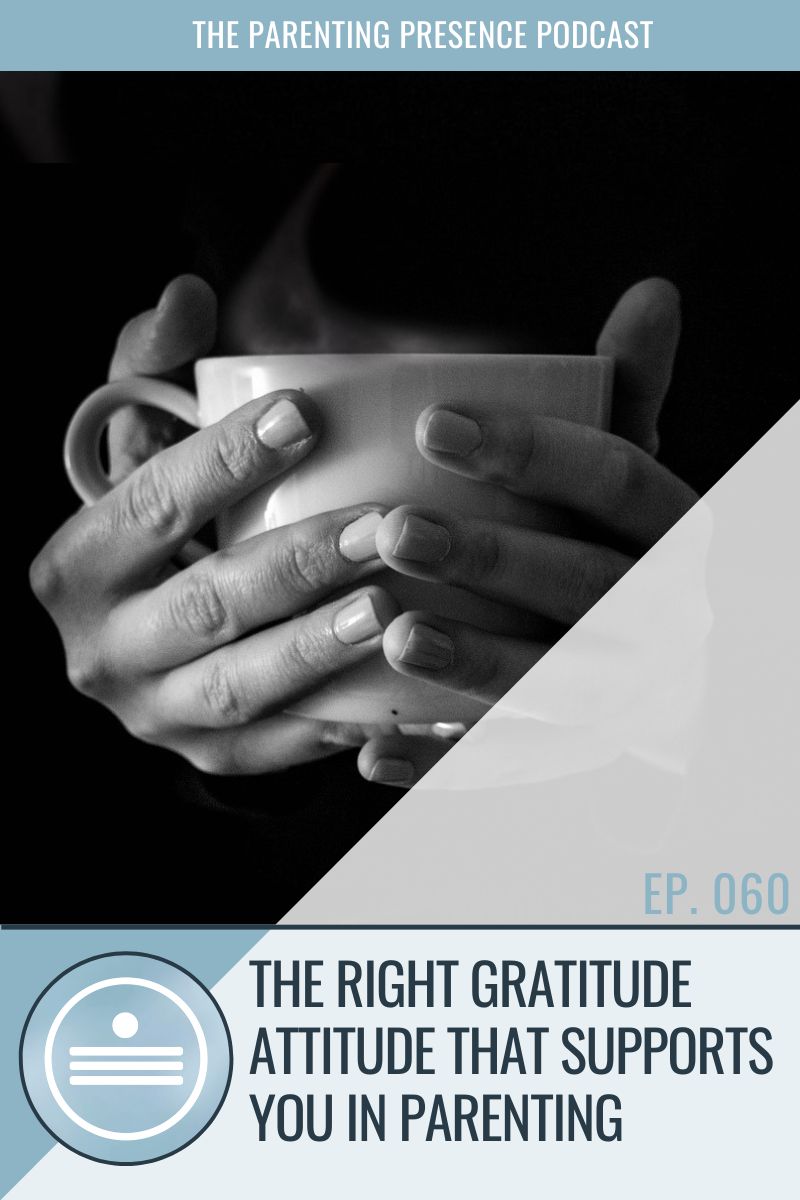
Gratitude is a helpful practice for all parents when done right. How we see gratitude and what we understand gratitude practice to be makes a huge difference. It determines whether a gratitude practice will be truly supportive to you, or whether it will make you feel more stress and anxiety. Let’s explore!
Let’s be honest for a second. Is gratitude working for you? No, I am not asking whether you are trying to make it work. I am asking, whether you truly feel the way you want to feel when you engage in a gratitude practice. If yes, fantastic! Read on, as it may be helpful to know why it’s working so well. And if not, that’s great too, because we will sort this out.
Gratitude is a helpful practice for all parents, when done right.
There is enough to worry about in parenting, to have to deal with the troubles that a well-intended practice of gratitude can create. You see, though a simple idea, the practice of gratitude as it has been promoted in the mainstream culture, has lost some of its nuances. And these nuances are pretty essential, if you ask me. When gratitude is approached with the wrong understanding, it can actually make us more anxious and stressed.
The way gratitude makes us feel depends on our nervous system.
More specifically, it depends on which part of our autonomic nervous system (ANS for short) is engaged when we practice gratitude. If you are not into neuro-psych stuff, don’t run away from me just yet. I will make this really simple. First, let’s start with how you expect to feel when following a gratitude practice.
You expect to feel is — peaceful and nourished.
What you may feel instead is — a bit more anxious.
Not at all what you wanted, right? Why is that? The answer lies in whether you are engaging in more doing in your gratitude practice, as opposed to more being. These two states tend to conflict with one another, and that is why you may not be feeling satisfied with what your gratitude practice does for you. You see, two very different parts of our nervous system are activated when we are doing vs. when we are being.
When we are in the doing mode, we engage our sympathetic nervous system.
Classically, the sympathetic system is being taught as the part of the nervous system that prepares the body for strenuous activity. But that is only partially so. When we think of the sympathetic system in these terms, we may assume that it is rarely activated, since we are not engaged in strenuous activity or flight/fight response that often. However, the sympathetic nervous system is active more often than that because it is generally responsible for regulating activity, our ability to engage with the world, no matter whether the activity is strenuous or not. Essentially it directs and supports us in any action.
When we are in the being mode, we engage our parasympathetic nervous system.
Contrary to the sympathetic nervous system, the parasympathetic system regulates our rest states, which are not limited to sleep. It is when this part of our nervous system is activated that we feel grounded, relaxed, peaceful, and at-ease. You may not be thinking that you are engaged in a lot of doing when it comes to gratitude, but actually — you may be, without even realizing it.
So tune into this week’s Episode of The Parenting Presence podcast, where together we sort out these details. It is when we shift from doing to being, that gratitude truly begins to feel like a restorative and supportive practice.
Additional episodes on a similar topic:
- Finding Gratitude in Parenting & Seeing The Hidden in Our Children
- Why Self-Regulation Is Important For The Future
.
